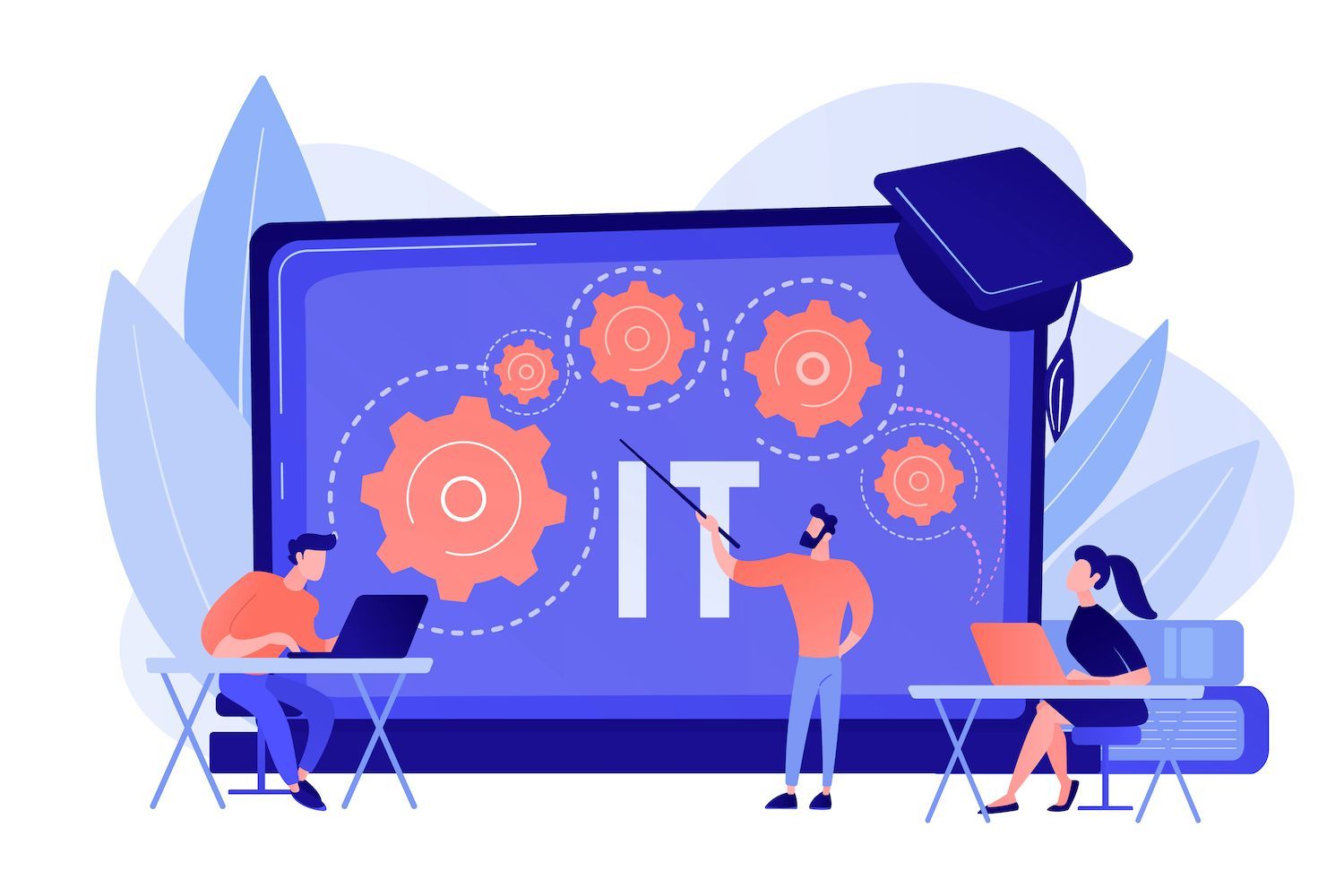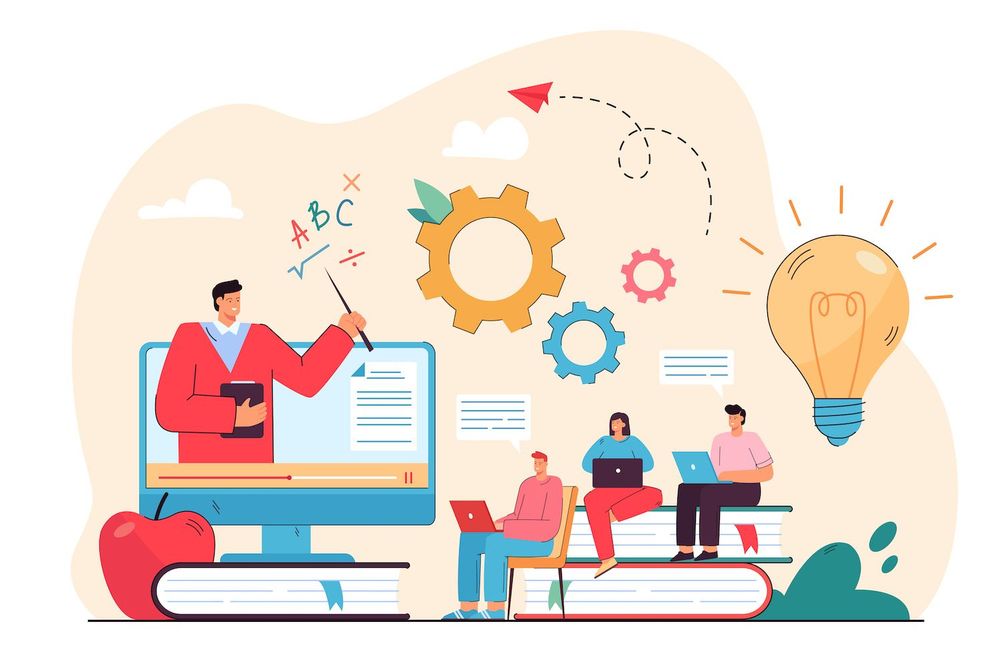11 Ways to Guard Your Intellectual Property in Online courses
Note from the Editor Note: This piece is only intended for use as a reference. Please consult a qualified legal professional before relying only on the information given below.
Content. Content is at the core of any educational and information-based company. It shows the world the professionalism of your business it gives your business its voice and to generate revenue for your business. Naturally, it deserves protection.
How can you protect your intellectual property (IP) particularly in light of the fact that sharing is a reality in the economy of the web'? When even Hollywood with top lawyers are unable to control downloads that are illegal or file sharing, and piracy as well What can you do to keep your IP secured as a creator of content?
HTML0The actual-world impact of the internet
Even with all of today's technological innovations, we're not able to completely protect our IP. If it's online there is a risk of it being stolen, copied or utilized by someone who hasn't been compensated. It's true. If someone really wants to have it, they'll.
If you discover your IP being employed to conceal a criminal in a threatening method, then you must take immediate action in the situation. When somebody uses your own identity, information, IP, or even the name of your business, you must call an expert in police immediately.
While responding to the incident with your IP being stolen is great, and you do it as well, implementing security measures is more secure.
1. Create an Trademark
If you are really concerned about protection of your IP Consider considering a Trademark. It's not a great choice for every business as it's costly too. It's worth consulting with your Trademark Attorney and asking their advice regarding what the options you might have.
2. Send your printed content to yourself
Print the entire course including the lessons schedule, the curriculum and all other content. Send the completed course to yourself using recording and tracking, after which you do not ever glance at the file. If someone ever copied your material and was brought to court to settle your issue, then you'll have the most recent evidence as to when your material was written and how long it's been available for. Simple, yet effective.
3. Time stamp your content
If you're publishing online content, don't forget that if sharing with the public, you have proof that you published it in the first place! Every blog post includes an indication of the day it was "published" in it. Every YouTube post, video status update as well as live stream videos display the date of publication as well. If an identical article is released within a couple of days of the original post the obvious question is who was the source.
4. You must make sure that you display your face
5. Watermark your content
Check that your company's name as well as your website's URL or watermarks are included on your instructional video and documents. That way, if your material has been used in a way that is illegal, but it still has your company's logo, face and website on your content It's you that gets the praise as well as the fan's credit as well as the profits that can result from someone having watched the content.
Here's an example the watermark that I've added to the YouTube channel I'm using for my videos:

6. It should be common knowledge
If you have something that you're saying, an approach, a technique or any other personal item do not think about how you could do to cover the item up and secure it. Instead, you should find ways to make it so that it is personal and meaningful to you, regardless of what or where it's employed, that everyone will know the right to use it belongs to you. Use it on each video, blog post, on your site and on your signature email and when you give interviews as well as any other time you're in the public eye. It should be clear that you own it and let it become a part of any who would like to identify yourself as a part of it since that's how you build a tribe.
This is exactly the reason I came up with ' Edupreneurs' and defined the term " Edupreneurship'. I wanted to prove myself to be a definitive an authority in something but do it in a manner that was able to offer something to others could claim as their own. It's an identity they own, but that ultimately is always at my disposal as the individual that created it.
7. Keep an eye out for duplicates your material
Just keep an eye for the items you have. I make use of Google Alerts which is a completely cost-free Google tool that permits you to input different search terms like your name, and certain words and phrases that you frequently use. Once you've created it, Google will email you every time those terms or phrases have been published on the web. Then, you can check them out to see if they've been copied or referenced correctly or is it just an accidental incident.

It is also possible to use plagiarism checking software to determine whether your writing has been duplicated from any source. There are a lot of them available. However, one is Copyscape that lets users to insert URLs to your blog post for example It will scan websites for material that matches.
8. Have an Copyright Policy
You can create your own rules that guide and educate people on what's allowed and what's not acceptable in relation to your IP. Although this won't protect for you from legal liability however, it could assist anyone who wants to make use of your name in reference to their own work, but with the proper manner. Make a list of what you consider acceptable when referencing you and your work, and copying or sharing the work. Write down the things you think are prohibited. Provide them with guidelines regarding the sorts of things they'd need your permission to do as well as the items they're able to use without asking for permission in writing.
Consider adding the copyright symbol ((c)) or disclaimer to your material. Although it doesn't provide an additional level of security, it could encourage others to take another review before reproducing your content.
9. Create a course that is beneficial to just one individual
10. If you keep it in check and you don't let it go, then you're responsible for the problem.
It can be simple to fall into defensive mode and protect our intellectual property, and put it inside an unguarded knowledge cave, the safest place away from anyone who pinch'. However, don't hide all your knowledge to prevent your millions of potential clients from learning about it, only to ensure that only a handful of potential customers aren't aware of the information. There's some confusion in this.
We can become so obsessed with defending ourselves that we do not think of the people that we're trying aid by creating courses at all in the end, stealing the opportunity to help their children. What's more troubling? thousands of people who have transformed their lives through your material, only some people getting their hands on the content "on the market" or no one ever receiving your help even once?
11. Keep in mind that nobody is ever the same to you.
One of the most amazing aspects of being human is the fact that every one of us has a uniqueness that makes us all different. It is possible to copy each other's thoughts, words or our ideas, and the ideas we have, however they can't be us.
People don't spend money on stuff, they purchase people. Because people like people. How we talk our words, how we dress and dress, our tone of voice, the way we move our bodies, what things we aren't thinking of or not reminding them of, how we make them feel in our non-verbal messages and even more of the subconscious subtleties which are the real reason behind every purchase we make are all things that can never be taken away from us, regardless of the efforts of someone trying.
I'm very conscious of the fact the regardless of my increasing competition every day and the number of rivals seeking to beat me through their own ideas, they'll never ever be like me. This means that they will never pose an problem.
You are the largest mark of your IP so although we need to remain vigilant Don't let anxiety of having your IP duplicated become the sole reason behind you changing people's lives.
Sarah Cordiner is an education expert as well as a writer, lecturer, instructor and award-winning online class creator and chief executive officer at Main Training. Sarah has worked for 11 years in the field of education and more than 5,000 students across 121 countries - Sarah is a master of the fascinating blend of education and entrepreneurship as the EDUpreneur's internationally acclaimed pioneer in the field of "making money teaching your market'.
This post was first seen on here
